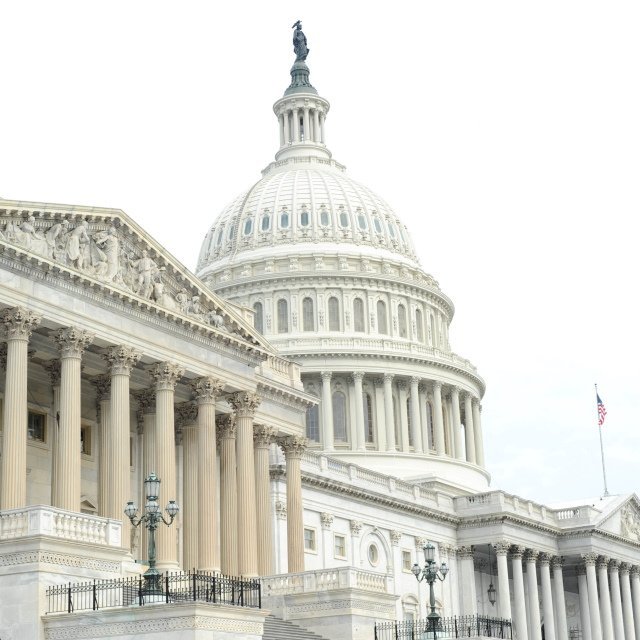Lobbyists Expect Major Retirement Legislation to Pass in 2022

What You Need to Know
There’s a push from leadership in the House and Senate to get Secure Act 2.0 passed this year.
House Ways and Means Chairman Neal and Rep. Kevin Brady want a retirement package passed this year.
A single retirement package will emerge and Congress will act on it later in the year, IRI predicts.
“This is the year” for retirement legislation, with passage of the Securing a Strong Retirement Act of 2021, or Secure Act 2.0, likely, Langston Emerson, a partner and policy strategist at Mindset DC, said Friday at the Investment Adviser Association’s compliance conference.
There’s a push from House and Senate leaders to get Secure Act 2.0 passed this year “simply because there are a few members, both on the Republican side and Democratic side, that are leaving Congress and this [bill] is a legacy item for them,” Emerson said.
That being said, “there are still some issues that need to be reconciled” between Republicans and Democrats in both the House and Senate, Emerson added. That, along with the war in Ukraine, makes timing of passage this year uncertain, he said.
Indeed, Neil Simon, vice president of government relations for the Investment Adviser Association, added on the panel with Emerson that House Ways and Means Committee Chairman Richard Neal, D-Mass., and Rep. Kevin Brady, R-Texas, the ranking minority member on the committee who is retiring, are committed to getting a retirement package passed this year.
Last May, the House Ways and Means Committee passed the Secure Act 2.0, which raises the required minimum distribution age from 72 to 75, expands automatic enrollment in retirement plans and enhances 403(b) plans, among other provisions.
The House Ways and Means Committee also passed last year H.R. 2954, the Securing a Strong Retirement Act, and the House Education and Labor Committee passed H.R. 5891, the Retirement Improvement and Savings Enhancement Act.




